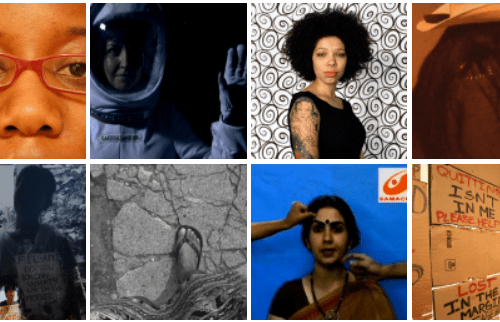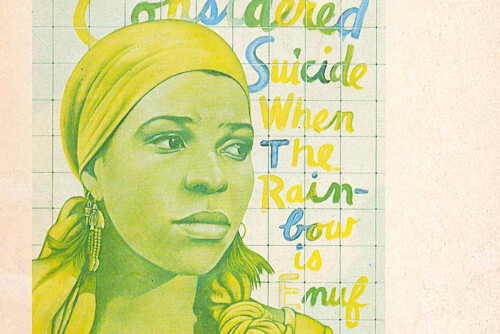Grounding the Work in the South
We asked each other, “What is it that is different about the South?” Evelyn put it into words: “we don’t have the luxury to throw anybody away.” Working it out with each other is an important commitment SONG rests on. The South is a region that is often equated with “backwardness” or deemed to be “more racist” than other parts of the U.S. SONG resists such stereotyping, reductive claims and instead analyzes them as tools or discourses of oppression and inequality. This narrow view also forgets that the South has been the proverbial engine of the Civil Rights Movement and a primary site of anti-racist protest and resistance. And not just in larger cities like Atlanta or Montgomery, but all over the South in the everyday struggles of people. SONG puts the South back on the map—looking at racial justice and class justice through a queer lens, alongside the legacies of resiliency, resistance, and movement building in the South. While the South is often dismissed and fantasized as a “space of the past,” we talked about noticing that many Southerners who relocate often speak to us about missing the rhythm of the South in other places. We believe the South has a rhythm of patience, kindness, and resilience that helps people to maintain themselves in the chaos of social injustice.
SONG looks at the South as a place of legacy. That is, the legacies of racism, of genocide, and of slavery. And further, of the legacies of structurally excluding and threatening queer populations, of exploiting workers, and of illegalizing immigrants of color today. At our table, we talked a lot about holding the legacy of trauma and genocide in the South. The consequences and the impact of this legacy are greater than what we know. At the same time, this legacy tells us about the survival skills and resistance that people have created in the South. SONG seeks to hold both resistance and mourning in the face of genocide and trauma. Meanwhile, we carry the knowledge that it is possible to imagine and create alternatives that are shaped by our ancestral legacies.
While SONG directs its organizing focus to the South, we understand community as local, regional, and global. In this sense, we all described a feeling of commitment to “real” and “imagined” communities, while being committed beyond U.S. borders in spirit. Or, in the other way around, for the immigrants 1 among us, other countries are locations or spaces of belonging that are indeed quite real. These different perspectives already show the need to push borders and to deconstruct the idea of national and regional entities or realities. Lamont recognized that places like Oakland can feel like a “Southern space” because of the huge migration of southern Black folks to that region. Cara also reminded us that by “South” we often mean only “Southeast,” and ignore our connection to the Southwest and global south. These are false borders that were created to divide us, and SONG seeks to build across that divide. SONG foregrounds a particularly regional experience and a commitment to that region in the context of the current political divisions in the U.S., while also holding a national and international space that connects our global struggles through a liberatory framework.
- We mean people who might not have U.S. citizenship or folks whose families immigrated post-Civil War. Our use of the category immigrant here points to contemporary border policies and citizenship privileges while being aware that to this day the U.S. is a settler colony. This legacy of European colonialism is frequently euphemized in the term “immigrant nation,” a gesture we oppose. SONG is committed to bringing indigenous perspectives to the forefront of the movement. See for instance: “Two-Spirit First Nations Collective: In Lak Ech: You are the Other Me; Arizona, Queerness, Immigration: A Critique and a Call to Action” from 2010.[↑]



